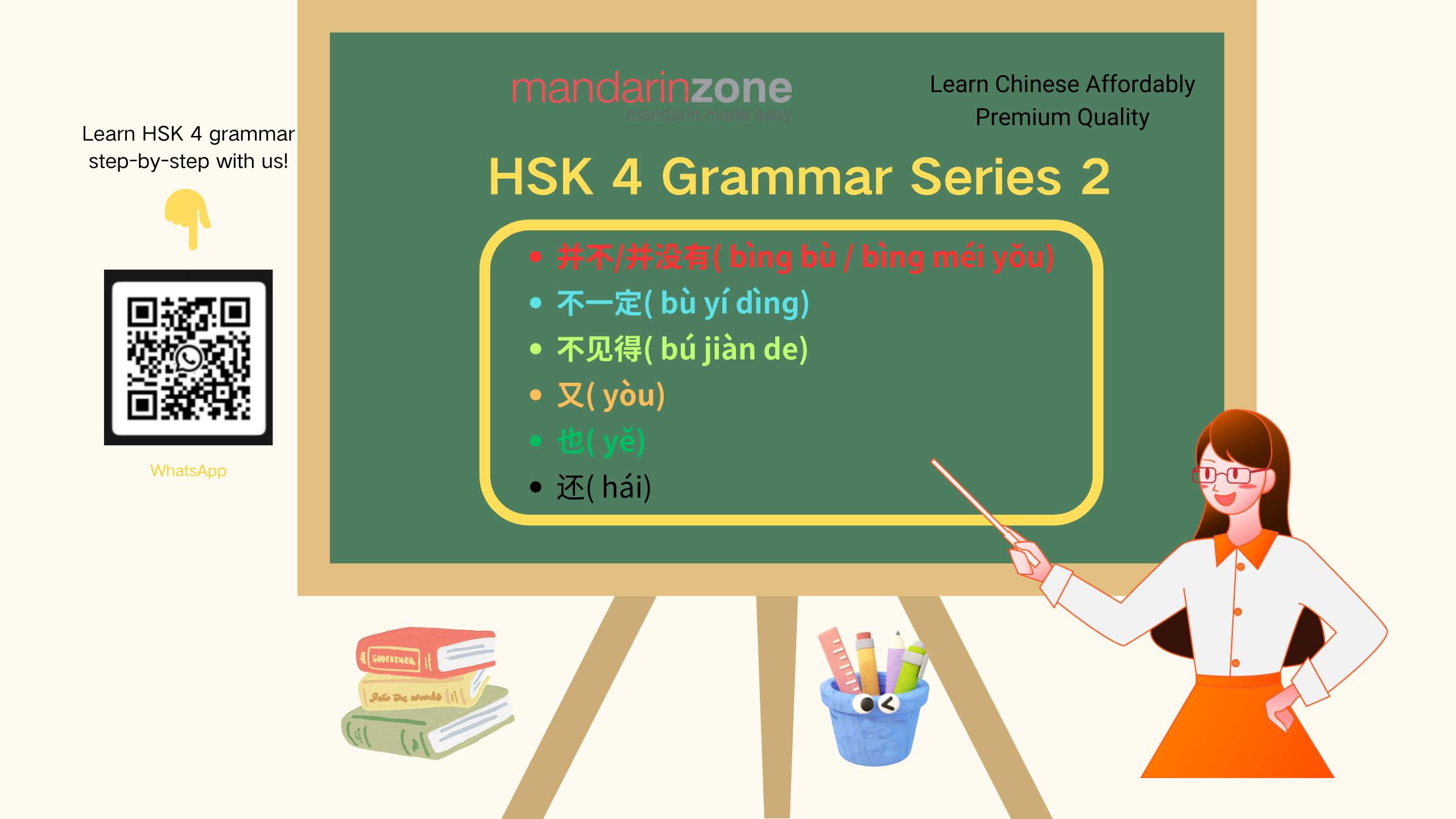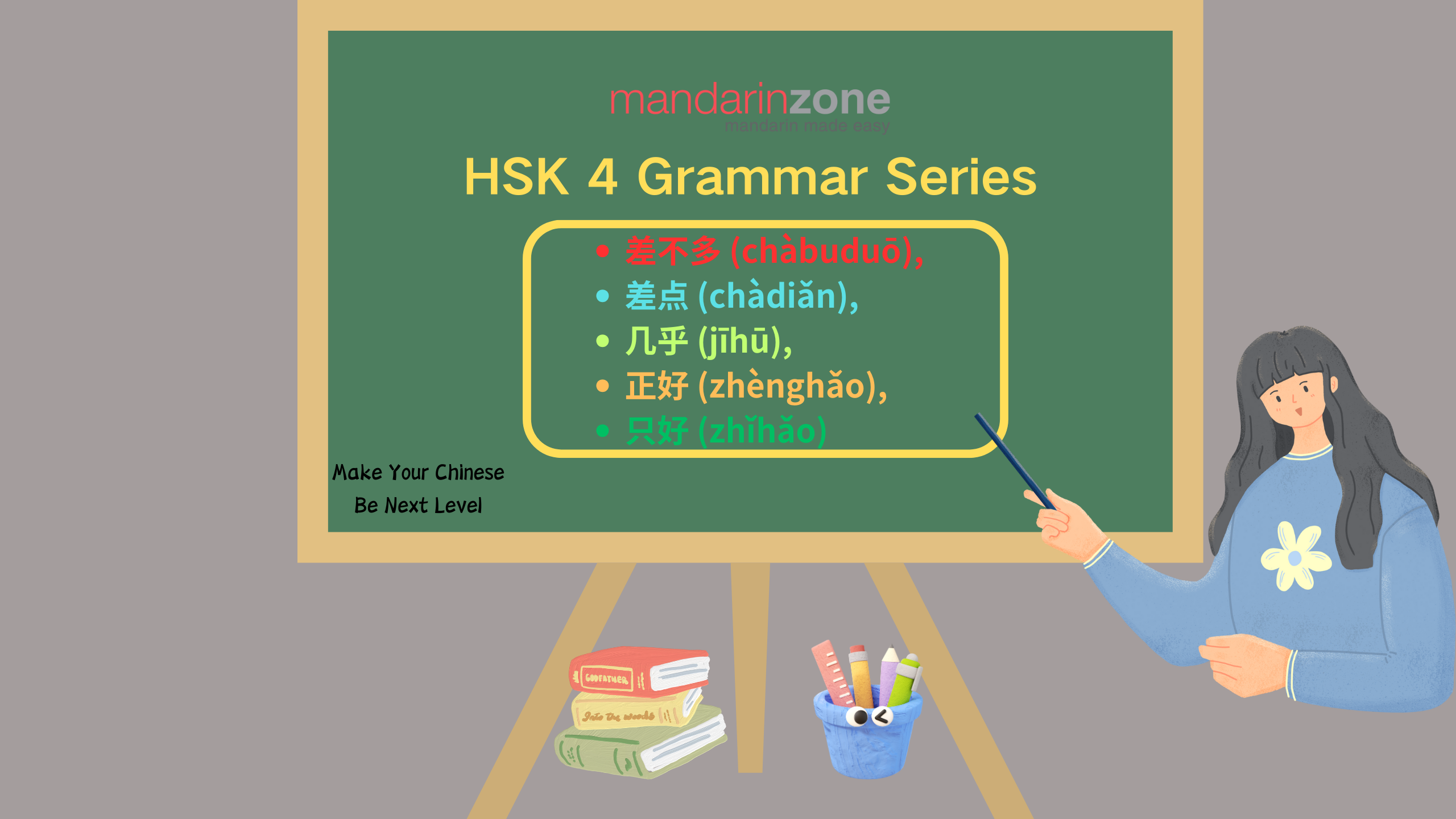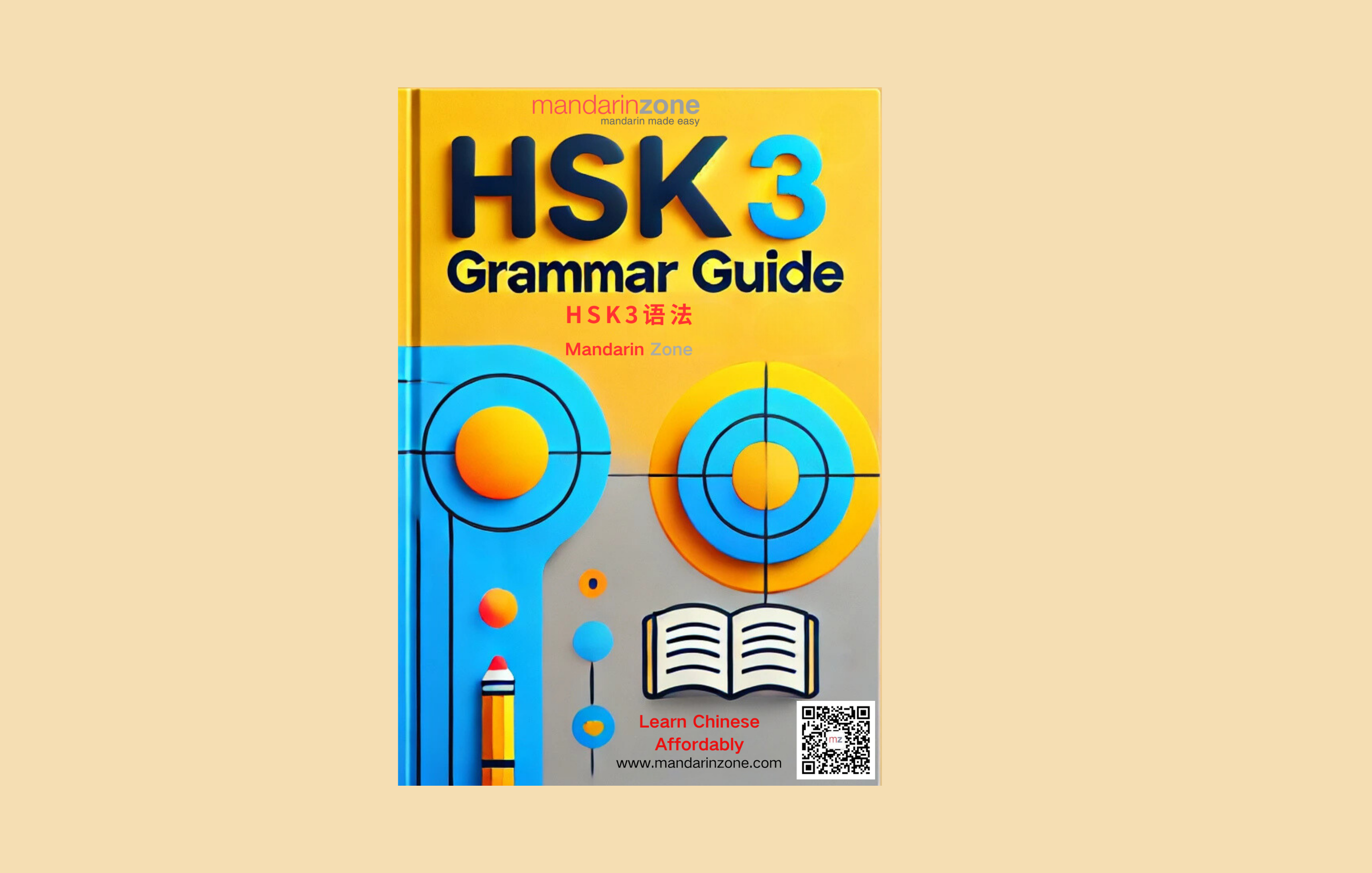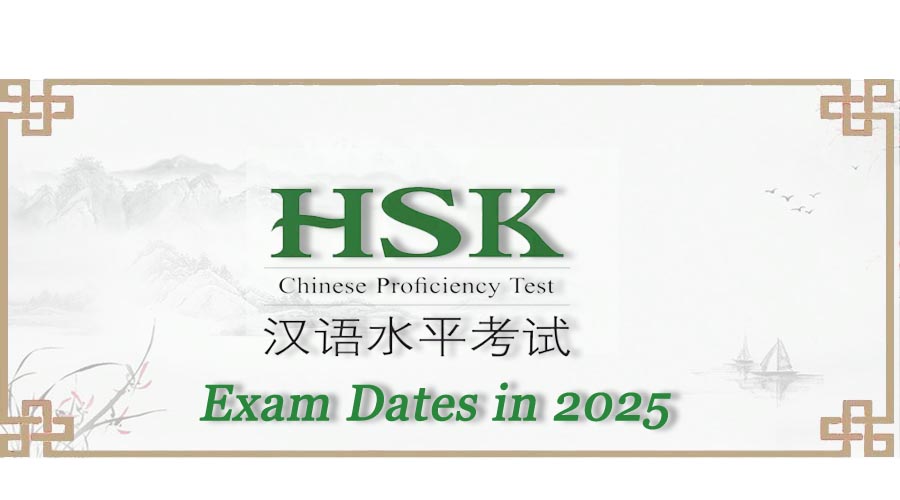The Delicious Journey of Learning Chinese: Unpacking the Many Meanings of ‘吃’ (To Eat)
Hey there, future Chinese language maestros! Ever thought that learning Mandarin could be as exciting as embarking on a culinary adventure? Well, grab your chopsticks because we’re about to dive deep into the world of ‘吃’ (chī)—a character that’s so much more than just “to eat.” By the end of this linguistic feast, you’ll be savoring Chinese expressions like a pro. And who knows? You might even develop a craving for more than just dumplings and dim sum!
Table of Contents
- The Rich Tapestry of ‘吃’: More Than Just Eating
- Cross-Cultural Comparisons: Food Metaphors Around the World
- Unique Perspectives: ‘吃’ as a Window into Chinese Philosophy
- The Character ‘吃’ in Chinese Calligraphy and Art
- Enhancing Your Mandarin with ‘吃’ Expressions
- Deep Dive: Lesser-Known ‘吃’ Expressions
- How Mandarin Zone School Deepens Your Understanding of ‘吃’ and Beyond
- The Global Appetite for Mandarin: Why ‘吃’ Matters
- Conclusion: Savoring the Full Flavor of ‘吃’
- Ready to Feast on Mandarin? Join Mandarin Zone School!
- Join the Conversation!
The Rich Tapestry of ‘吃’: More Than Just Eating
Etymology and Historical Development
The character ‘吃’ (chī) has a fascinating history rooted in ancient Chinese script. Originally written as ‘喫’, it combines the radical ‘口’ (kǒu), meaning “mouth,” with the phonetic component ‘乞’ (qǐ), meaning “to beg” or “to request.” This composition reflects the fundamental human activity of consuming food and the social aspects tied to it.
Over time, the character was simplified to ‘吃’, but its significance in Chinese culture has only deepened. Food is not just sustenance in China; it’s a cornerstone of society, family gatherings, business dealings, and even diplomacy.
‘吃’ in Different Contexts
The beauty of ‘吃’ lies in its versatility. It appears in countless idioms, expressions, and phrases that permeate daily life. Let’s explore the various contexts where ‘吃’ takes on new meanings.
Literal Uses
- Eating and Drinking
- 吃饭 (chī fàn): To eat a meal.
- 吃水果 (chī shuǐguǒ): To eat fruit.
- 吃药 (chī yào): To take medicine.
- Consumption Beyond Food
- 吃烟 (chī yān): To smoke (literally “eat smoke”).
- 吃水 (chī shuǐ): To draw water (for a ship) or to consume water.
Metaphorical and Idiomatic Uses
- Emotional and Psychological States
- 吃醋 (chī cù): To be jealous.
- 吃惊 (chī jīng): To be surprised or shocked.
- 吃不消 (chī bù xiāo): To be unable to bear or handle something.
- Social and Economic Situations
- 吃亏 (chī kuī): To suffer a loss or be at a disadvantage.
- 吃香 (chī xiāng): To be popular or well-regarded.
- 吃老本 (chī lǎo běn): To live off one’s past gains.
- Behavioral Descriptions
- 吃力 (chī lì): To be strenuous or laborious.
- 吃得开 (chī de kāi): To be successful or popular in social situations.
- 吃闲饭 (chī xián fàn): To be idle or live off others.
- Legal and Ethical Contexts
- 吃官司 (chī guānsi): To get sued or be in legal trouble.
- 吃回扣 (chī huí kòu): To receive kickbacks or bribes.
- Interpersonal Relationships
- 吃豆腐 (chī dòu fu): To flirt or take advantage of someone.
- 吃软不吃硬 (chī ruǎn bù chī yìng): To respond better to gentle persuasion than force.
Cross-Cultural Comparisons: Food Metaphors Around the World
Food is a universal language, and many cultures use culinary terms metaphorically. Let’s compare how different languages and cultures incorporate food into expressions, highlighting both similarities and unique perspectives.
English Expressions
- “Piece of cake”: Something very easy.
- “Spill the beans”: To reveal a secret.
- “Breadwinner”: The primary income earner.
- “Cup of tea”: Something one enjoys or excels at.
- “Couch potato”: A person who is lazy and watches too much TV.
Comparing ‘吃’ with English Equivalents
- 吃醋 (chī cù) vs. “Sour grapes”Both use sourness to express jealousy or resentment.
- 吃亏 (chī kuī) vs. “Bite the bullet”While 吃亏 means to suffer a loss, “bite the bullet” means to endure a painful experience, showing differences in metaphorical usage.
- 吃老本 (chī lǎo běn) vs. “Rest on one’s laurels”Both indicate relying on past achievements without making new efforts.
Cultural Significance
- Chinese Culture: The prevalence of ‘吃’ in idioms reflects the central role of food in social interactions, celebrations, and daily life.
- Western Cultures: While food idioms exist, they may not be as deeply ingrained in everyday language, highlighting cultural differences in the symbolism of food.
Unique Perspectives: ‘吃’ as a Window into Chinese Philosophy
Confucianism and Social Harmony
In Confucian thought, communal eating is essential for fostering relationships and maintaining societal harmony. The phrase “民以食为天” (mín yǐ shí wéi tiān)—”People regard food as heaven”—emphasizes the importance of food in daily life.
Taoism and Balance
Taoist philosophy values simplicity and harmony with nature. Expressions like “吃亏是福” (chī kuī shì fú)—”Suffering a loss is a blessing”—reflect the belief that adversity can lead to personal growth and balance.
Buddhism and Self-Discipline
In Buddhism, dietary practices symbolize self-control and compassion. “吃斋” (chī zhāi) means to eat vegetarian meals, often as a spiritual discipline.
Legalism and Social Order
Legalist principles emphasize strict laws and order. Phrases like “吃官司” (chī guānsi) warn of legal consequences, reflecting the cultural importance of adhering to societal rules.
The Character ‘吃’ in Chinese Calligraphy and Art
Calligraphic Evolution
- Oracle Bone Script: Early inscriptions show rudimentary forms representing eating.
- Seal Script: The character became more standardized, reflecting the mouth radical.
- Clerical Script: Stroke patterns simplified, making the character more recognizable.
- Regular Script: The modern form ‘吃’ is widely used today.
Artistic Representations
- Literary Works: Poems and stories often use ‘吃’ to convey deeper meanings about life, desire, and satisfaction.
- Visual Arts: Paintings depicting feasts or shared meals symbolize community and prosperity.
Enhancing Your Mandarin with ‘吃’ Expressions
Practical Tips
- Context is Key: Understand the situation to grasp the correct meaning of ‘吃’ phrases.
- Active Usage: Incorporate these expressions into your conversations to become more fluent.
- Cultural Immersion: Engage with native speakers and consume Chinese media to see these expressions in action.
Common Scenarios
- Business: Negotiating deals where you don’t want to 吃亏.
- Social Events: Recognizing when someone might be 吃醋 in interpersonal relationships.
- Personal Development: Embracing 吃苦 to achieve long-term goals.
Deep Dive: Lesser-Known ‘吃’ Expressions
1. 吃干饭 (chī gān fàn) – To be Useless
Meaning: Describes someone who eats but doesn’t contribute.
Example: 他整天无所事事,真是个吃干饭的。
(Tā zhěng tiān wúsuǒshìshì, zhēn shì gè chī gānfàn de.)
He does nothing all day; he’s really useless.
2. 吃独食 (chī dú shí) – To Keep Everything for Oneself
Meaning: Not sharing benefits or opportunities with others.
Example: 团队合作中,不能吃独食。
(Tuánduì hézuò zhōng, bù néng chī dú shí.)
In teamwork, you shouldn’t keep all the benefits to yourself.
3. 吃闭门羹 (chī bì mén gēng) – To Be Denied Entrance
Meaning: Literally “to eat closed-door soup,” meaning to be turned away or rejected.
Example: 他去拜访朋友,却吃了闭门羹。
(Tā qù bàifǎng péngyǒu, què chī le bì méngēng.)
He went to visit a friend but was turned away.
How Mandarin Zone School Deepens Your Understanding of ‘吃’ and Beyond
Customized Learning Experience
At Mandarin Zone School, we tailor our curriculum to delve into the depths of characters like ‘吃’, providing you with:
- Etymological Insights: Understanding the origins and evolution of characters.
- Cultural Context: Exploring how language reflects societal values and history.
- Interactive Sessions: Engaging in discussions, debates, and real-life scenarios.
Cultural Immersion Activities
- Cooking Classes: Learn to make traditional Chinese dishes, enhancing your appreciation for food-related expressions.
- Calligraphy Workshops: Practice writing characters like ‘吃’ in various styles.
- Cultural Excursions: Visit historical sites and local markets to experience the language in its natural setting.
Expert Guidance
Our instructors are:
- Native Speakers: Providing authentic language use and pronunciation.
- Experienced Educators: Skilled in teaching Chinese as a second language.
- Cultural Ambassadors: Sharing insights into Chinese customs, etiquette, and philosophy.
The Global Appetite for Mandarin: Why ‘吃’ Matters
Economic Influence
- Business Opportunities: China’s economy continues to expand globally. Understanding nuances like ‘吃回扣’ can be crucial in international business ethics.
- Tourism Industry: As a popular destination, knowing Mandarin enhances travel experiences and professional opportunities in hospitality.
Cultural Exchange
- Diplomacy and International Relations: Language proficiency fosters better communication and mutual understanding.
- Educational Collaboration: Academic exchanges benefit from deep cultural and linguistic knowledge.
Personal Growth
- Cognitive Benefits: Learning a complex language like Mandarin improves memory and problem-solving skills.
- Cultural Competence: Enhances your ability to interact effectively with people from different backgrounds.
Conclusion: Savoring the Full Flavor of ‘吃’
The character ‘吃’ serves as a microcosm of the Chinese language and culture. Its myriad uses and deep-rooted significance offer learners a rich avenue for exploration.
By delving into ‘吃’, you unlock:
- Linguistic Proficiency: Enhanced vocabulary and understanding of idiomatic expressions.
- Cultural Insight: A window into Chinese values, traditions, and societal norms.
- Personal Enrichment: A deeper connection with a language spoken by over a billion people.
Ready to Feast on Mandarin? Join Mandarin Zone School!
At Mandarin Zone School, we’re dedicated to guiding you through this exciting journey.
- Visit our website: www.mandarinzone.com
- Contact us: Get in touch to schedule a free trial class.
- Follow us on social media:
Join the Conversation!
- Questions or Comments? We’d love to hear from you. Leave a comment below!
- Subscribe to Our Newsletter: Stay updated with the latest news, tips, and exclusive offers.







